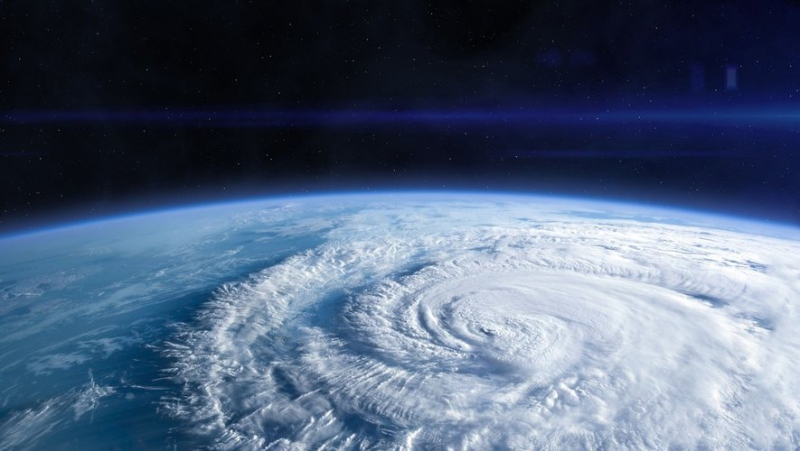What is SEEDS, this AI developed by Google that could anticipate climate disasters ?

La technologie de Google promet d'anticiper certaines catastrophes climatiques naturelles à venir. buradaki/Getty images
Google announces that it has developed artificial intelligence specially dedicated to weather forecasts and the anticipation of climate disasters. Faster and more economical than current solutions, it would be able to alert populations in the event of a risk of storms, floods or heat peaks to come.
Since last year, big names in tech have been working on new weather models powered by AI. First to draw, Google announces that it has developed its own AI dedicated to climate, called SEEDS (for "Scalable Ensemble Envelope Diffusion Sampler").
Google explains that SEEDS is a model capable of generating a multitude of large-scale weather forecasts, more precisely and, above all, much less expensive than traditional predictions. This technology therefore opens up new perspectives for meteorological sciences.
Alert the populations in advance
The importance of having accurate weather forecasts as the climate changes has become paramount. This is why Google decided to invest in reliable weather information. This AI offers researchers the ability to analyze a very wide range of possible weather outcomes, but also to predict natural disasters several days or weeks before they occur. The idea is to be able to alert populations sufficiently in advance so that they prepare for the possibility of a natural disaster.
Google Seeds uses a unique approach based on generative AI. Its strength is being able to identify the first signs of rare and extreme weather events. In effect, the model generates a larger and more diverse set of forecasts, providing a better understanding of the range of possible weather scenarios.
Ultimately, the integration of Google Seeds into existing weather forecasting systems should make it possible to improve the communication of weather risks to populations.




